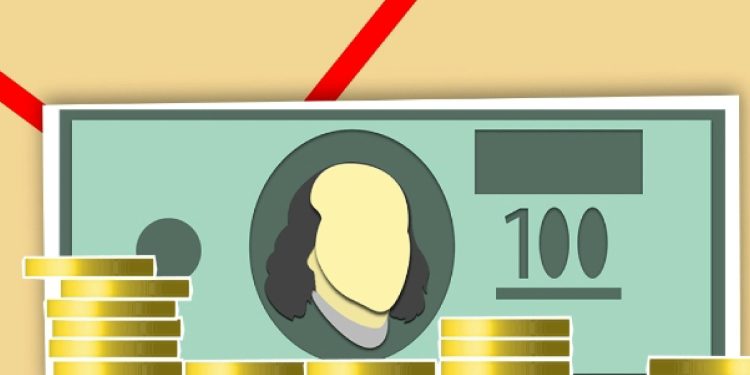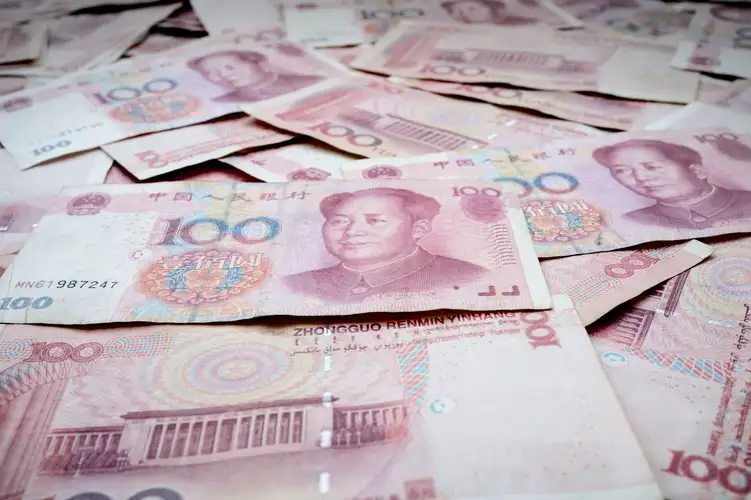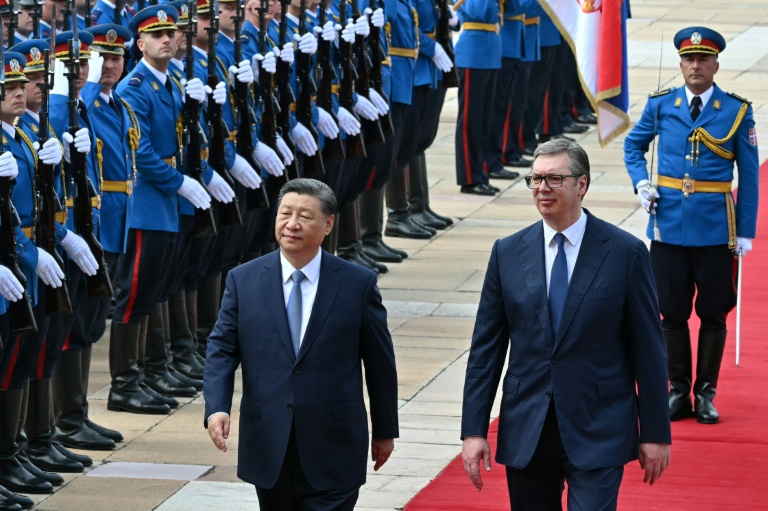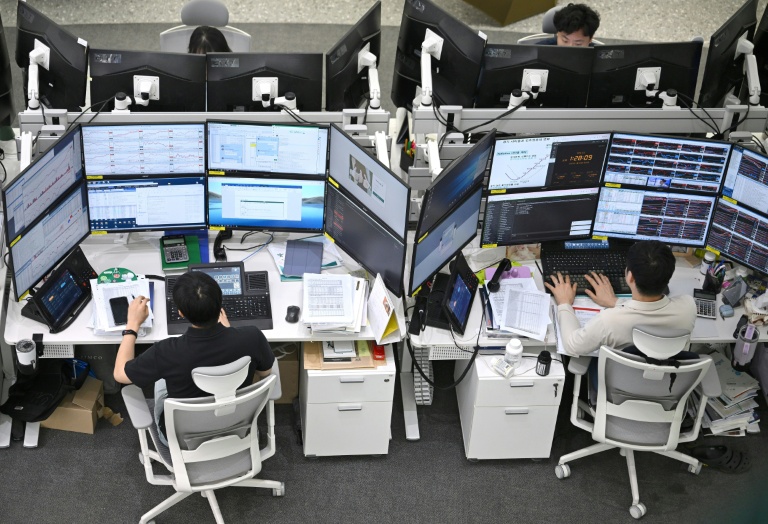Keynesian economics, named after the renowned economist John Maynard Keynes, has been an influential school of economic thought since the mid-20th century. Born out of the Great Depression and shaped by the challenges of the time, Keynesianism offers a different perspective on managing economic fluctuations. In this article, we delve into the principles of Keynesian economics, its impact on policy-making, and its relevance in today’s world.
The Core Tenets of Keynesian Economics
At its core, Keynesian economics emphasizes the role of government intervention in stabilizing the economy. Keynes argued that during times of recessions or high unemployment, the private sector alone cannot effectively restore equilibrium. Under such circumstances, Keynes advocated for expansionary fiscal policies, such as increasing government spending and cutting taxes, to boost aggregate demand and stimulate economic activity.
Keynesian economics also highlights the significance of the multiplier effect. According to Keynes, an increase in government spending would lead to a more than proportionate increase in national income. This is due to the subsequent rounds of spending by individuals, as increased income leads to higher consumption, resulting in a circular flow of income and boosting overall economic output.
The Role of Monetary Policy
While fiscal policy takes center stage in Keynesian economics, monetary policy is not disregarded. Keynes acknowledged the importance of controlling interest rates to influence investment and aggregate demand. By lowering interest rates, the central bank can encourage borrowing and investment, thereby stimulating the economy.
Furthermore, Keynesian economics argues that monetary policy alone may not be sufficient to combat recessions. The liquidity trap, a situation where interest rates reach near-zero levels, can undermine the effectiveness of further monetary easing. In such cases, fiscal policy becomes crucial to inject demand into the economy.
The Keynesian Critique of Classical Economics
Keynesian economics emerged as a response to the prevailing classical economic theories of the time, which emphasized a hands-off approach to economic management. Classical economists believed that markets would naturally self-correct over time and achieve full employment. However, Keynes challenged this notion, asserting that economies could remain in a prolonged state of low aggregate demand and high unemployment without appropriate government intervention.
He argued that market mechanisms alone were inadequate in addressing recessions, as pessimism and animal spirits could drive individuals and businesses to hoard money rather than spend. This can create a scenario where demand remains stagnant while resources go underutilized, further exacerbating the economic downturn.
Keynesianism in Practice
Keynesian economics gained significant traction during the post-World War II era, particularly in the United States and Western Europe. Governments adopted Keynesian policies with the aim of maintaining stable economic growth, reducing unemployment rates, and ensuring social welfare.
In the U.S., President Franklin D. Roosevelt’s New Deal during the Great Depression exemplified Keynesian principles. The New Deal focused on public works programs, job creation, and income redistribution to combat high unemployment rates and revive economic activity.
In the 1960s and 1970s, Keynesian principles faced challenges as stagflation, a period of high inflation and high unemployment, plagued many economies. Critics argued that Keynesian policies, such as deficit spending, could exacerbate inflationary pressures. This led to a resurgence of classical economic thought and the emergence of new schools of economic thinking.
Keynesianism Today
Although Keynesian economics faced criticisms and evolved over time, its principles continue to hold relevance today. In times of economic crisis, governments often resort to Keynesian-inspired policies to jump-start the economy. The global financial crisis of 2008 and the COVID-19 pandemic prompted governments worldwide to adopt expansionary fiscal measures to stimulate aggregate demand and prevent prolonged recessions.
Keynesian economists also argue for a balance between fiscal and monetary policies. While fiscal stimulus can provide immediate relief and boost demand, monetary policies can support long-term growth by ensuring price stability and favorable borrowing conditions.
While Keynesian economics remains influential, it is not without its detractors. Critics argue that excessive government spending can lead to unsustainable debt levels and crowd out private investment. They advocate for market-driven approaches and supply-side policies to foster economic growth.
Keynesian economics, with its emphasis on government intervention and demand stimulation, represents a significant school of economic thought that has shaped policy-making for decades. Although it faced challenges and adaptations, Keynesian principles continue to influence economic policy in times of crisis. As economies grapple with new challenges and opportunities, the legacy of John Maynard Keynes reminds us of the ongoing debate between government intervention and market forces in managing economic fluctuations.





















